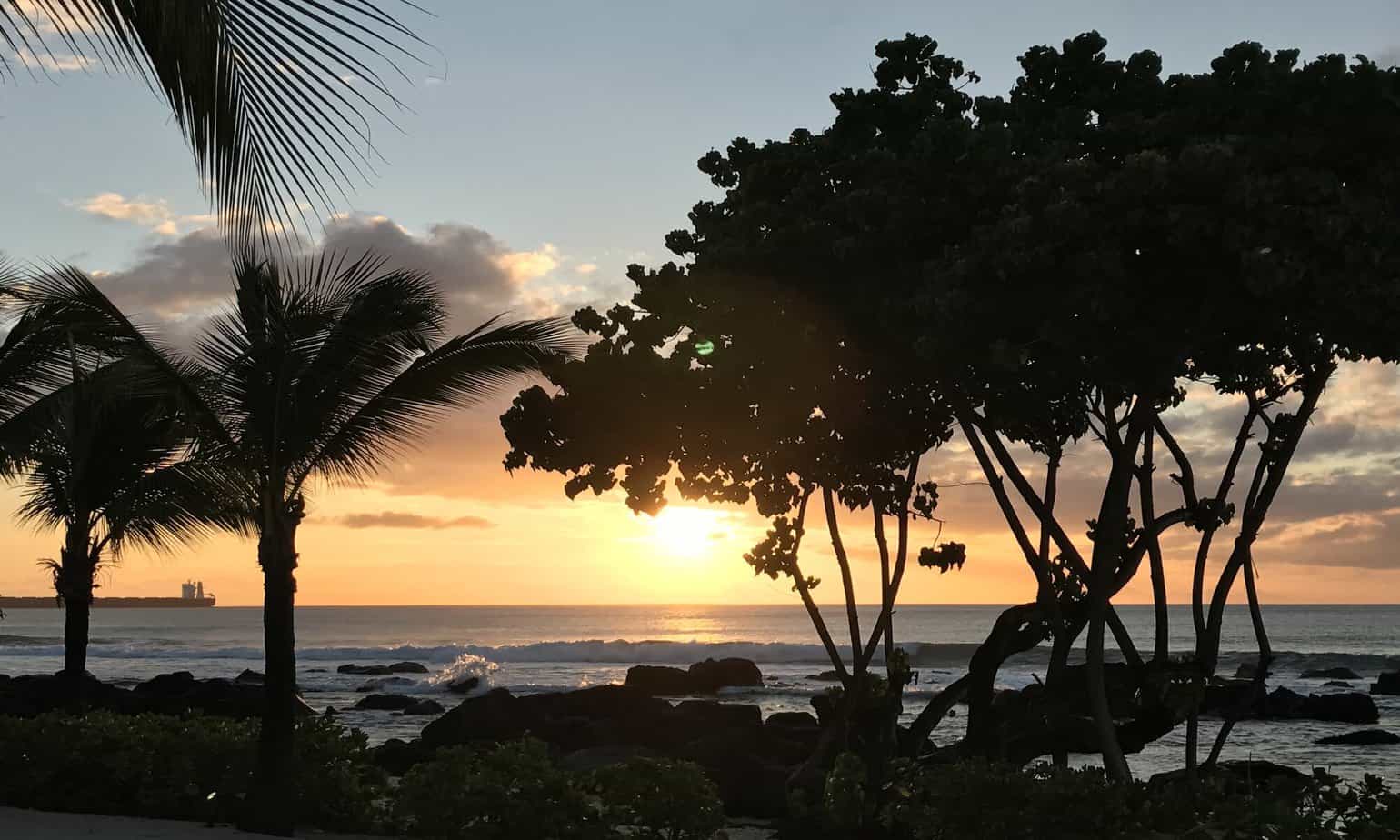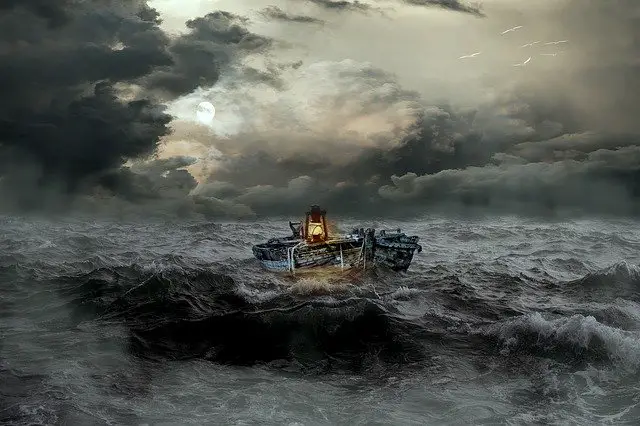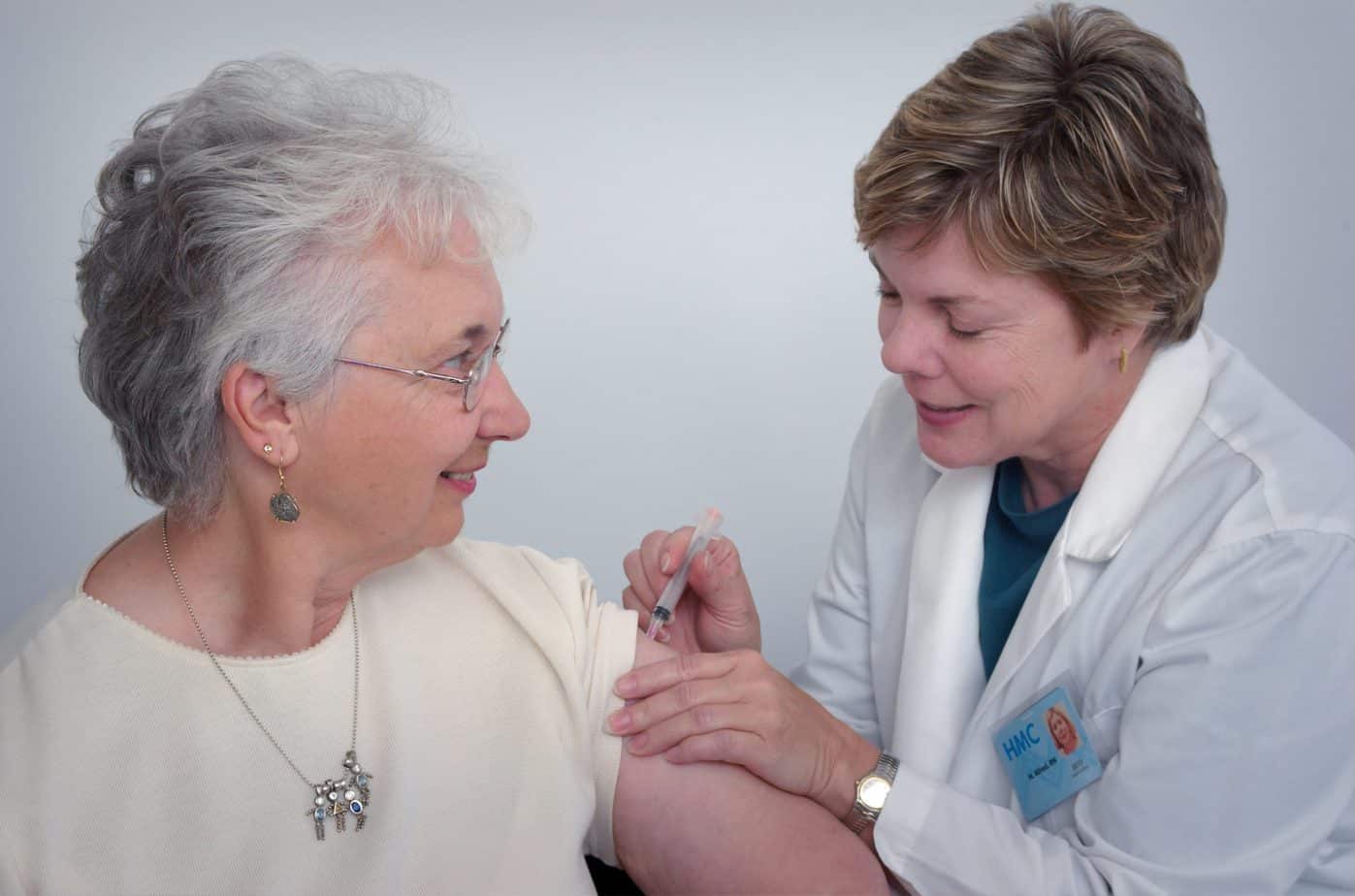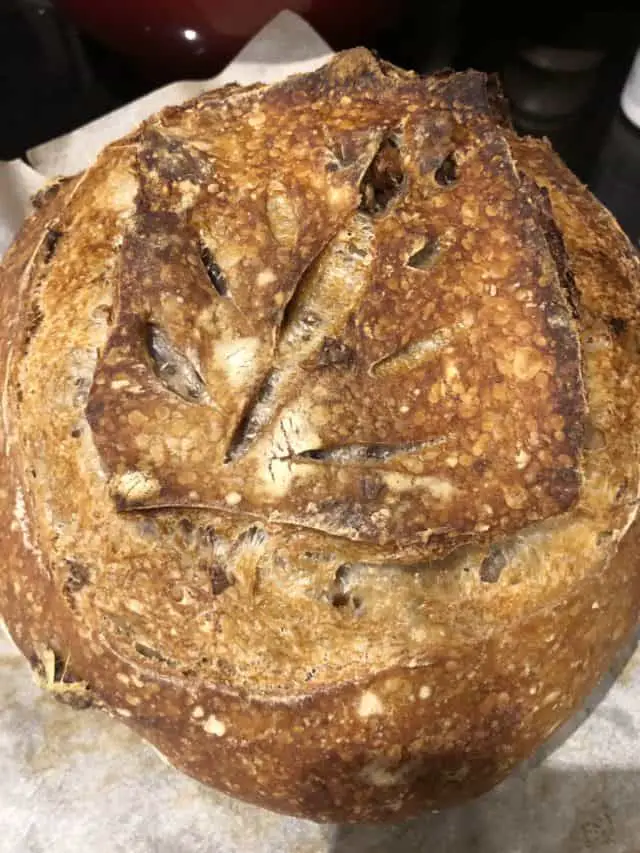Welcome to the Late Starter to FI series!
I am a Late Starter – I did not discover FIRE (Financial Independence Retire Early) concept until I was 47. This was way later, I thought than others who seem to have it all together in their 20s and 30s.
Since I started to write about my own journey, I have discovered there are many more Late Starters like me, yay! It is such a relief knowing I am not alone.
I want to share our stories, our unique perspectives and show that it is absolutely not too late for us.
So in this series, I particularly highlight those of us who start our FI journeys in our 40s, 50s and 60s. And explore questions such as ‘where do we start’, ‘can we still retire early(ish)’, ‘what are the specific challenges for us late starters’. We look at our past, not to castigate ourselves but so that you can learn from us.
Please join in the conversation in the comments below. I encourage you to share your story if you fit the profile of a late starter. You absolutely don’t have to be a blogger or podcaster to share your story. Please email me at info@latestarterfire.com or connect with me on Twitter, Facebook or Instagram
Today, we meet Earl who writes at earlyretirementearl.com where he shares his journey to financial freedom and early retirement with the hope of quitting the rat race. His story is gritty and real. He shares very personal information here – thank you, Earl.

A little about me
My name is Earl Owens. I live in Rockland County, New York and have three young children. I am 46 years old and I hope to reach FI within the next 3 years.
I have spent the last 25 years working for the same company and I work my ass off today so one day I won’t be obligated to work at all. My hobbies are my kids basically. Between the sacrifices I made at work over my career and having 3 children in my forties, I have time for very little else. I spend what little spare time I have writing about early retirement or catching up with old friends.
You can connect with me on Twitter @misterash13 and earlyretirementearl.com
A brief look back
Looking back, I always needed to figure out how to stretch a dollar. I was raised with my brother and two sisters by a single mother. My mother passed away when I was 19 and I needed to figure out how to live on my own. As sad as this is, it taught me the value of money as well as how to stretch a dollar to its limit.
I also blame these circumstances for my recklessness in my late 20s and early 30s. As I started earning more money, it was time to party. After all, I had earned it after everything I went through. At least that is how I rationalised it in my mind. I wasted a good portion of my prime saving years engaging in wasteful spending. Although I do have to admit, I had a lot of fun.
As I grew out of that phase, I made what I thought at the time were sound financial decisions. I paid off my college loans early; I contributed to my 401k. And I stopped renting and bought a 2 bedroom condo. Even though I wasn’t very knowledgeable about personal finance, I got a bit lucky in that my employer took care of us with a great match and discretionary contribution each year. When the time came to sell my condo, I made a decent profit of about $35 000. I sold just before the crisis of 2008.
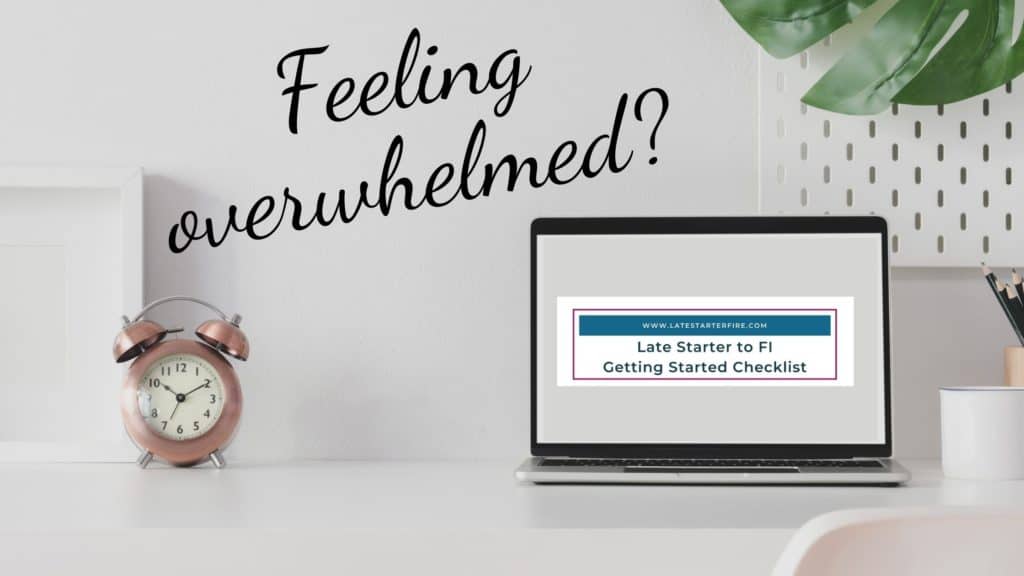
Feeling Overwhelmed?
Use this FREE Checklist to start your journey to Financial Independence
My light bulb moment
I don’t think I can pinpoint a single moment that sent me on the path t FI. I never truly loved my career. It chose me more than I chose it. Once I got over my reckless phase and chose to fully commit to my job, I tried to take it all the way. Promotion after promotion and raise after raise, I slowly started to grow a very respectable 401k. The silver lining for me would be the final promotion where I would be making in excess of $250 000 per year.
The light went on more like a dimmer switch slowly fading to full illumination as with each passing day I realised slightly more that the promotion I had worked so hard for and sacrificed so much for, probably wasn’t going to happen.
My hopes for early retirement were tied to that promotion. What a wonderful nest egg I could build with an income exceeding a quarter of a million dollars per year. As the prospects of promotion faded so did my passion for my career. Aside from my 401k, I started saving for early retirement long before I ever discovered the FIRE movement and all the information available on early retirement. I was just fed up with work and was desperate to get enough money to have the power over my employer to tell them to scratch off.
Discovering FIRE
I can’t remember how I discovered FIRE. Like I said, it was a gradual awakening for me. I recall googling about early retirement, things like ‘how soon can I retire’ or ‘how much do I need to retire’. I think one of the first discoveries I made that really opened my eyes was the Bengan study of the 4% rule and safe withdrawal rates.
That was when the lightbulb in my mind truly went off. I couldn’t believe how little was actually required to retire or how long money could last if done right. I wrote about it here – How long will my saving last? The 4% rule simplified
I read countless books and blog posts and listened to interviews and podcasts and just absorbed as much information about personal finance as I can. Somewhere along the way, I discovered Mr Money Mustache and ChooseFI, Campfire Finance and of course, Latestarterfire.
Discovering FIRE not only reinforced what I was already dedicated to achieving with my freedom fund, it lit a fire (pun fully intended) under my ass and I became obsessed with achieving FI and sharing as much information as I could via my own blog.
Taking steps on the path to FI
I was on the path to FI before I knew it. I was lucky enough to have a 401k in place, and once I ‘grew up’ I was smart enough not to allow myself to go back into debt. My next step was to fully commit to saving every penny possible and consistently re evaluating and looking for ways to get better and achieve FI earlier.
About 2 years ago, I did the math and realised that if I never contributed another penny to my 401k it would probably be enough for me to live on for the rest of my life. I decided to stop all contributions except for the minimum required to get the match.
I currently put that money into my freedom fund instead. I drive a car with 165 000 miles on it and save the $500 a month that most people put towards a car payment. Anytime I receive a bonus from work, guess where it goes? You guessed it, the freedom fund. Quarterly dividends from my 401k stocks? The freedom fund. I got a $10 cheque from a City MD for over payment recently … straight to the freedom fund it went.
One way I deviate from a good majority of FI enthusiasts is that I do not intend to pay down the mortgage. I just don’t believe in including your home equity as part of your net worth. To me, if it ain’t liquid, it ain’t money. I can cash out my shares of IBM in an instant and write a check to buy goods. The equity on my house, not so much.
My current goal is to build a freedom fund large enough that I can quit working and use the freedom fund to pay my expenses from the time I stop working to 59 1/2 when I can begin taking 401k contributions. I expect that the path I am on now would lead me to my destination in about 3 years.
I don’t know if I WILL quit working in 3 years but I certainly hope I CAN if I want to. That type of leverage over your employer must be incredibly empowering. And from what Mr Money Mustaches tells me, work is more fun when you don’t have to do it.
My Freedom Fund
As I mentioned earlier, I was lucky enough that my employer not only offered a 401k but basically forced us to activate it and then dumped money into it for us. My employer has already contributed over double what I have into my 401k and the growth has been double both my and my employer’s contributions combined. So I have been fortunate.
Once I understood that early retirement was an actual possibility, I did the math and learned that my 401k was to the point where it was basically self sustaining. At this point in my career, I contribute $1000 to my 401k each year and my employer contributes $500 plus 9% of my salary. I have been with the same company for 25 years so my salary has grown to a nice size at this point. I am 46 now so by the time I turn 59 1/2 and can withdraw from my 401k penalty free, it will have grown to the point where I could withdraw 4% every year, never run out of money and still have a pretty little inheritance for my kids.
My freedom fund is a fund I started about 3 years ago. The freedom fund is what I will live off of until the day I can begin living off my 401k penalty free. I dump every spare dollar I get into the freedom fund these days. When I first started it, I opened up an ETrade account and I was just having some fun picking individual stocks. I did OK. I doubled up on OLLI; I got in and out of companies like Intel, Seagate, Disney and Facebook with nice little chunks of profit. I had a lot of fun. Then GE happened and I realised this isn’t as easy as I thought. L Brands also hit me with a nice loss as did Kraft Heinz.
As time went on and my freedom fund quickly grew to over 6 figures, I took a safer, lower maintenance approach and started putting the bulk of my contributions into index funds. I still do individual stocks but the bulk of my funds are in index funds now. I am also fascinated by the possibility of living off dividends so I have several dividend stocks as well.
Challenges and benefits of starting late to FI
The best benefit I can think of is that I got to live my life when I was younger. I did not sacrifice which means I enjoyed my 20s and early 30s to the fullest.
The biggest challenge is simply getting out of bed in the morning to go to a job that I am no longer passionate about. I try not to dwell on mistakes of the past but it is very difficult sometimes to not look back and think about what I would have done differently.
A little simple math reveals that if I had just sacrificed a few more drinks, or that vacation to Ireland etc I would be done working already.
I try to stay motivated by looking to the future and knowing the good decisions I am making now and for the last several years will pay off. I am currently looking at retirement before the age of 50 despite a late start and making several mistakes along the way. To me, that is astounding. Coming from a single parent family, the youngest of 4 siblings, having been homeless twice in my life … I consider myself to be a great American success story.
From my past to my present
I am currently about 3 years away from FI. There are several factors that affect this and will affect my decision to retire or keep working. I am married and have kids. We spend probably more money than we should. For starters, we live in an area where property taxes alone are enough to break a frugal budget. We like to vacation.
I love a good steak. One of my few indulgences is a Rib Eye cooked medium rare with a baked potato and some Bernaise sauce. Capital Grille makes one with porcini mushroom and balsamic rub that is quite possibly the top 2 or 3 on my list of all time steaks.
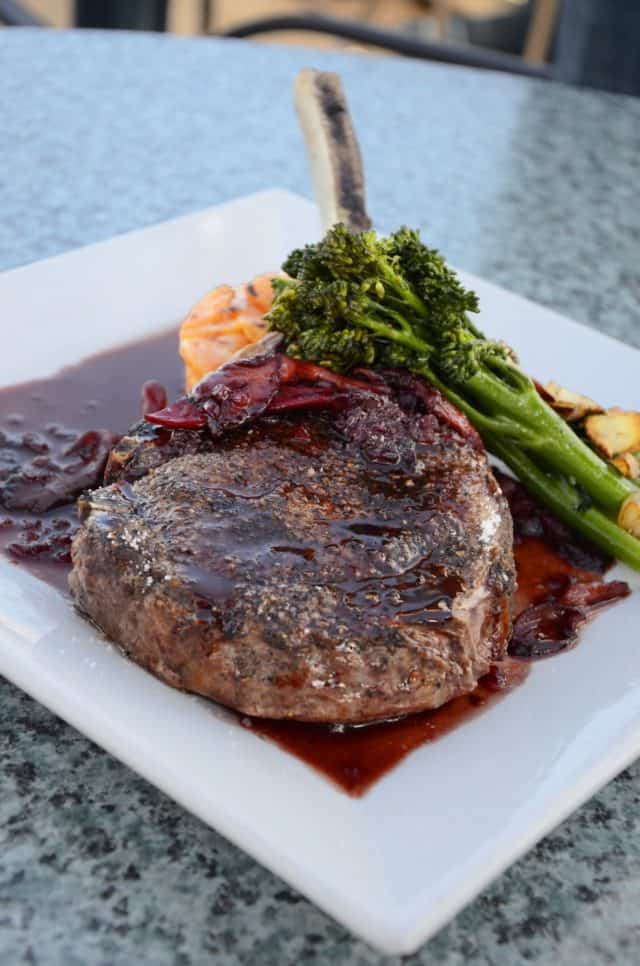
I got off track there, sorry, I am passionate about my steaks. The point is, I may opt to work longer to support a more indulgent lifestyle. I will decide when the time comes. That is the great thing about FI – the ability to choose!
OK, so before I get to what’s next for me, let’s address the elephant in the room that I glossed over earlier. Yes I was homeless. Twice. I don’t really like to advertise it but it is a big part of what made me who I am so let’s get to it.
My Dad left us when I was just a baby. My mother raised us alone with help from her mother. Dear ol’ dad contributed just about nothing. So I didn’t really have any excess growing up. We didn’t take vacations. If I wanted a new bike, I got a paper route and worked to save up for a new bike. I was delivering newspapers at 7 years old. Times were very different in the early 80s.
We didn’t have much but we lived in a decent size house with a huge backyard. Unfortunately for us when I was 10 years old, the man we rented from just sorta stopped paying his mortgage and out we went. I can’t even imagine how that must have been for my Mom. To make things worse, my grandmother, who went to live at a friend’s house had a heart attack and died a few weeks later. That was my first experience of having no home and also my first experience losing a loved one. All within the same month at 10 years old.
The second time I had nowhere to live was when my Mom died. I was 19 years old. Lucky for me, my older sister took me in so I wasn’t really homeless but still a pretty shitty situation to be in. It wouldn’t last long as I would take the little amount of money that was left to me by my Mom and use it to get an apartment on my own. A little one bedroom with hand me down furniture but it was mine.
I had spent my entire youth being responsible. Delivering newspapers to earn money. Taking care of my Mom when she became sick. And venturing out on my own after she died. Being forced to have so many responsibilities at such a young age and never really having any money to splurge led to me being reckless in my 20s and 30s.
Some highlights:
I took out a personal loan for a motorcycle.
I would go out drinking after work every night. I mean every single night. $100 bar tabs nightly. What a waste.
I started smoking. I have since quit and what a money savings that was.
I once put a trip to Cancun on the credit card.
It got so bad that I wound up with no credit cards, living pay check to pay check and when my car broke down, I had to borrow money from a friend to rent a car just to get to work.
There were times when I would sell of part of my old baseball card collection just to have enough money to pay the rent.
It took me several years to get that out of my system. When I did, the bill came due and it wasn’t easy but luckily I knew how to be responsible. I hadn’t racked up much debt because I had no credit cards but I had a car that barely drove. I was living paycheck to paycheck, digging for spare change that last day or two before pay day, and now developed a dirty and expensive habit of smoking a pack of parliament a day.
During these years I had purchased my first condo so I had made at least one good decision. Problem was, I was so busy spending money on leisure that I fell behind on the mortgage. My wake up call came when my cell phone rang one day while I was drinking alone at a strip club. On the line was my mortgage lender asking me why I was behind as I “make more than enough money”.
At that point, I knew I was being irresponsible and needed to make some changes. It didn’t happen all at once. I slowly began taking back control of my finances. I got caught up on all my bills, applied for a few credit cards, started a little savings fund. It would take years before I could finally kick the smoking habit but by the time I did, I knew exactly what to do with the newfound money I would have from not spending 10 bucks a day on a pack of smokes.
I think I am blessed for the experiences I had and I feel came out the other end a better man. I feel I am a more dedicated father because I chose not to have kids for so long until I was ready. That was a conscious decision made by a guy who understood the level of responsibility it takes to be a father as he had watched his own father fail at it. I also saw the financial burden that it had put on my mother.
I know what it is like to grow up without a dad and what it is like to grow up poor. I will not allow my children to go through that. I would shovel shit onto a plate and eat it if that is what it took to keep food on the table for my children and a roof over their heads.
I have been through a lot. I understand I am not alone in that and many people have it worse which is why I don’t choose to broadcast my past very often.
I am proud to call myself a success. I am a millionaire who was once homeless. If my story can inspire even one person who is like I once was, then I feel I have done my duty.
As a society through schooling and parenting, I feel we fail miserably at teaching personal finance and financial responsibility. I feel those that make it owe it to the next generation to pass on what they have learned. Nobody taught me about compound interest or the 4% rule when I was younger and it pisses me off. So I will do what I can to pass this information along to others, especially my own kids.
What's next
What’s next for me is hopefully the option to stop working some time within the next 3 years. It will be nice to be there for my children during their formative years the way my father wasn’t. I look forward to a life without the stress of work life or the obligation of having to commute an hour plus each way every day to work 9 plus hours at a job that does little to excite me.
I hope to teach my children all the values of money that were taught to me; and the principles of FI that weren’t.
I hope they are able to learn from my mistakes and be more responsible than I was while not forgetting to enjoy life.
I hope to contribute to the FI community through regular blog posts and on Twitter.
COVID 19 update
Over the last few months, quite a lot has changed in the world, America, the stock market, my portfolio and my FIRE situation.
For starters, I am lucky. I lost over 30% of my life savings in March but I remain lucky. I am still working every day and receiving an income.
I am lucky that none of my family has fallen ill with corona virus.
I am lucky that I have a fully funded emergency fund and even more lucky that I have not yet needed to tap into it.
I am lucky that I have taken the necessary steps over the last 25 years to put me into a position that a 30% loss, while quite disheartening, did not completely derail me.
I am lucky that a good portion of that loss has already come back to me and I have quickly sold some of my more risky stock investments.
Overall, my financial outlook has not changed much since COVID 19 has invaded our world. I still commit over 30% of my total net income to savings and investments although I am keeping a larger portion in cash now.
I am at about 20% cash.
I fully intend to take advantage of the penalty free 401k withdrawal in accordance with the CARES Act. I know this flies in the face of conventional wisdom. However, I feel my 401k is at a point where $50k will not have any significant impact to my livelihood in my late 60s. But it can have a huge impact in helping me to cross the finish line into early retirement.
The main lesson I have learned from COVID 19 is that no matter how much you plan, things can change drastically on a dime. This has caused me to be even MORE driven to achieve FIRE as quickly as possible and may even lead to me exiting the full time work force earlier than I had originally intended.
COVID 19 has reinforced in me the reason I desired FIRE in the first place. And that is to spend more time enjoying life on MY terms. Continuing to spend many hours at a job that I am not passionate about dose not align with my goals.
In short, life is short, live it now because later there may not be time.
Back to Latestarterfire
Thank you for sharing your story, Earl. I can’t imagine all the hardship in you suffered in your early years. And yet, those experiences have informed your choices and decisions later in life. I admire your determination to provide a better life for your children. And your desire to retire early so as to spend more time with your family.
I am very happy that COVID 19 has not derailed your FIRE plans. Instead it has reinforced your desire for FIRE and you may quit the rat race earlier than you think! Amazing!
I look forward to following your onward journey to financial freedom and early retirement.
